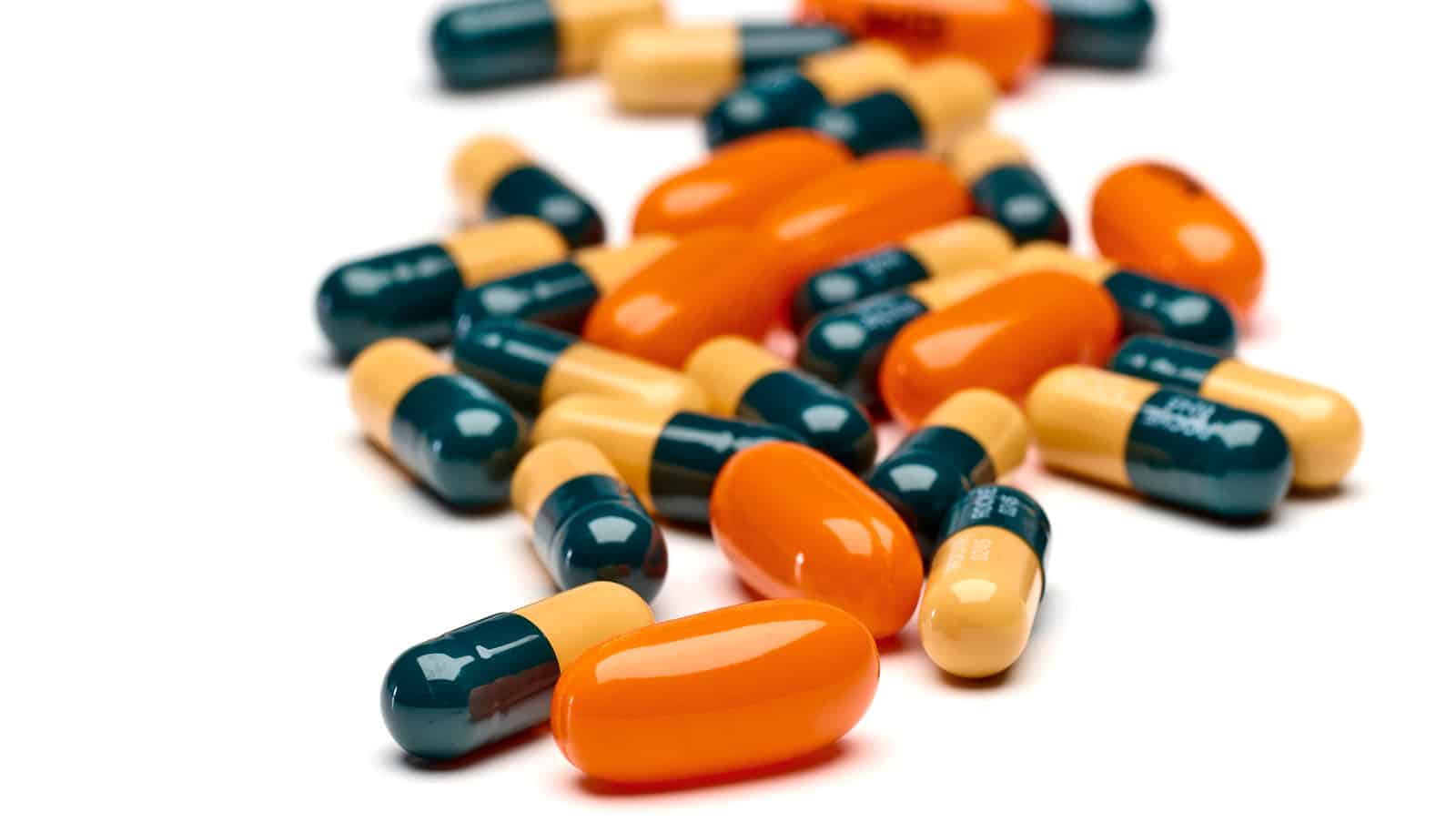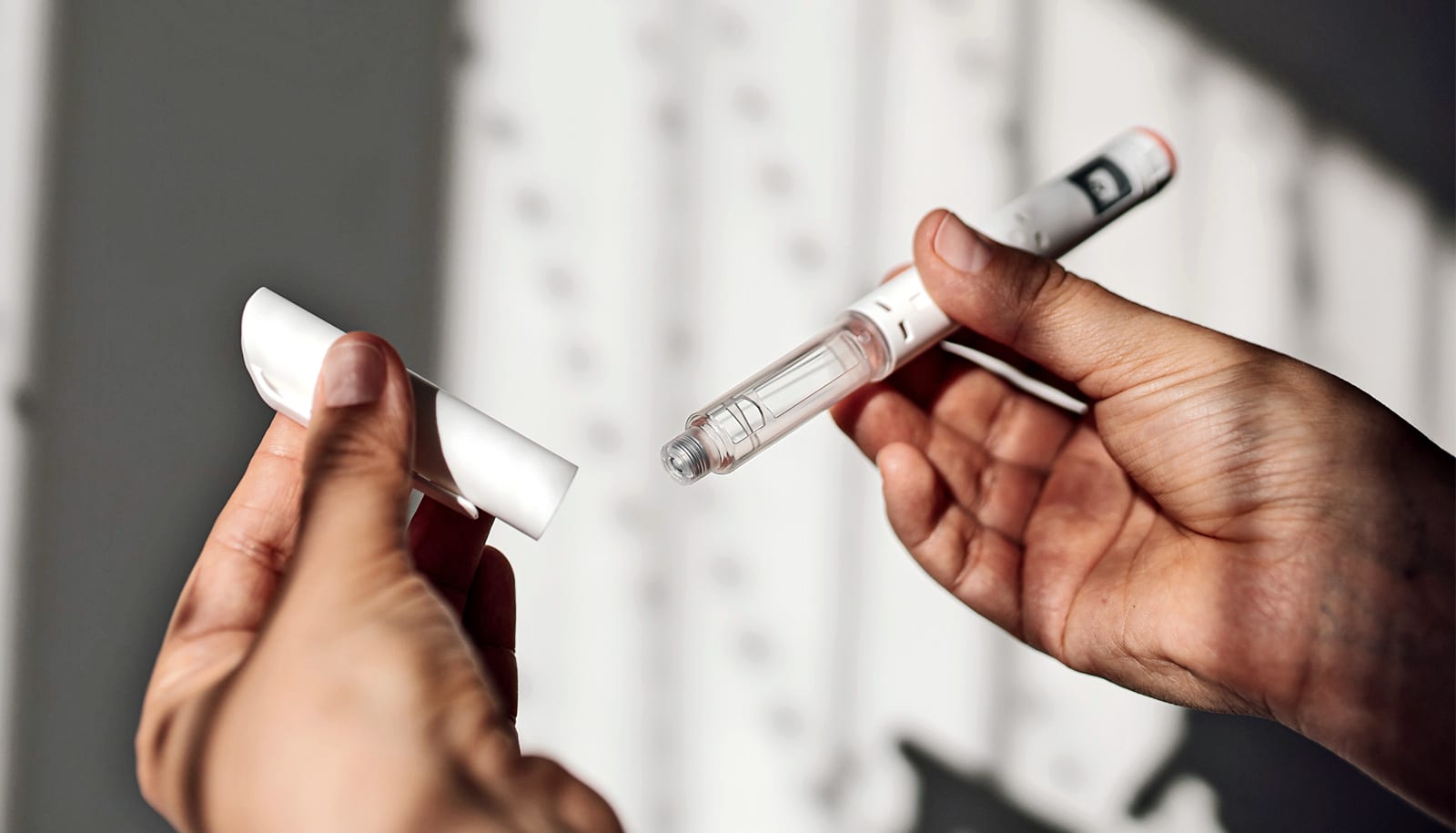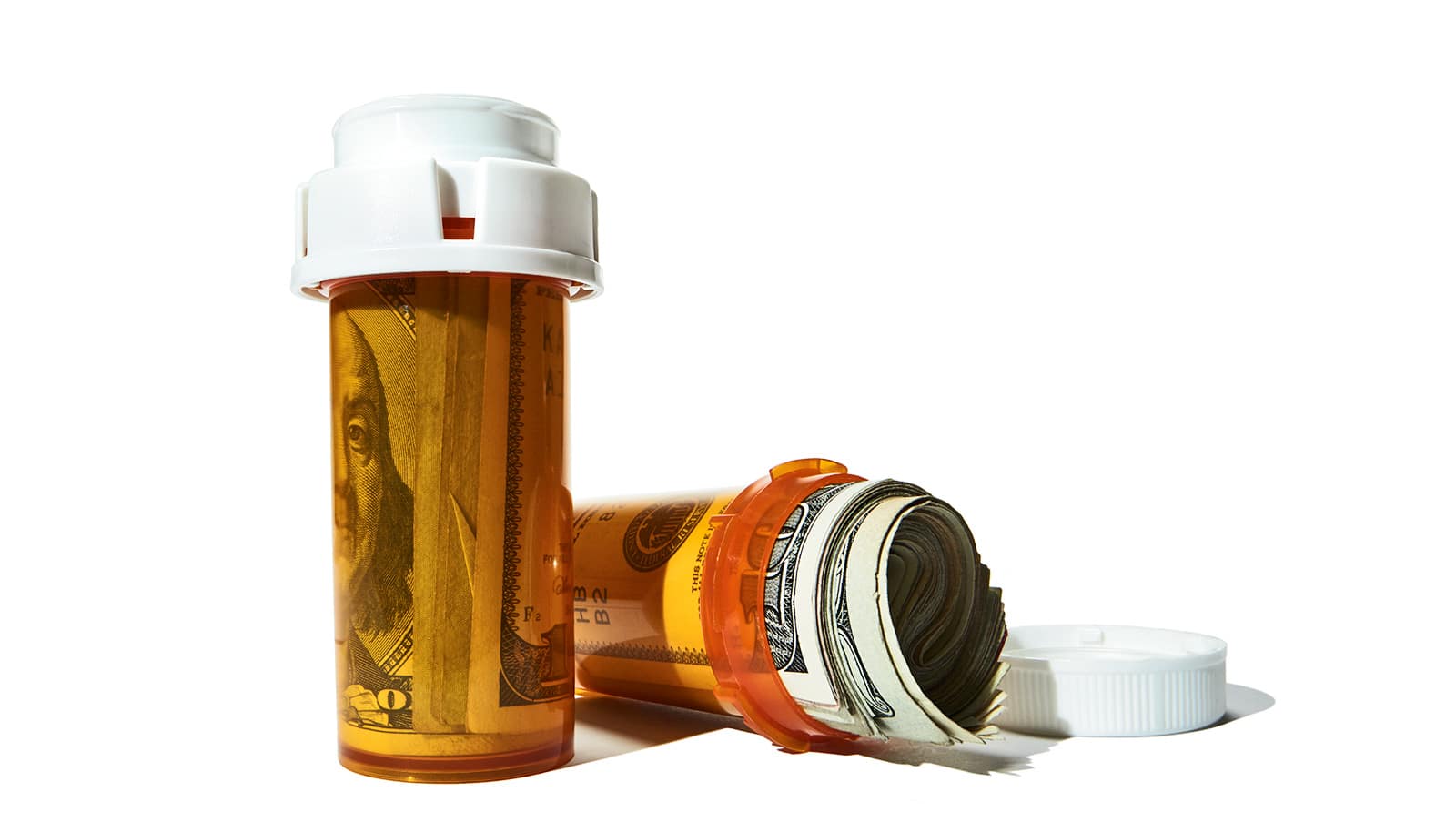While in jail or in prison, people receive treatment for HIV and other conditions such as substance use and psychiatric disorders. But after release, care is either disrupted or stops all together.
For a new study in The Lancet HIV, researchers focused on people living with HIV who were released from jails and prisons in Connecticut between 2007 and 2014.
By combining comprehensive databases from the state’s Departments of Corrections and Public Health, they examined how long it took from the time of release until an individual “linked” to HIV care in the community. They also assessed individuals’ viral suppression, which is a measure of optimal HIV treatment.
Only one-third of people linked to care within 30 days.
“The majority of people are not being linked to care quickly enough to avoid disruption of care,” says first author Kelsey Loeliger, an MD/PhD candidate at Yale University’s School of Public Health.
Parole violations send felons through prison’s ‘revolving door’
Importantly, certain potentially modifiable factors are associated with picking up treatment more quickly.
People who received HIV medications and case management in prison were more likely to get care within 14 days after release. People who had medical conditions other than HIV were also more likely to get care within 14 days following release.
The findings highlight the need for more case management and integrated care to effectively treat people with HIV both in and out of prison, researchers say.
Source: Yale University.



